Thousands of ex-miners remain untraceable
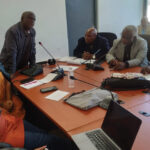
SHARE THIS PAGE!
Approximately 7,000 former miners remain untraceable, making it difficult for the Tshiamiso Trust and the Medical Bureau for Occupational Diseases (MBOD) to disburse compensation owed to them.
This emerged during a parliamentary meeting of the social cluster on Tuesday this week, where the Tshiamiso Trust was invited to provide updates on the challenges faced in expediting the compensation process for ex-miners and their families.
The organisation was established in 2020 to manage compensation following a class action settlement agreement between claimant attorneys and the six SA mining companies; African Rainbow Minerals, Anglo American South Africa, AngloGold Ashanti, Harmony Gold, Sibanye Stillwater and Gold Fields.
The purpose of the meeting was to ensure that Members of Parliament, the people of Lesotho, relevant ministries, and the general public understand how both Lesotho and South Africa can collaborate to speed up the claims process – not only in Lesotho but across the Southern African Development Community (SADC) region.
According to Tshiamiso Trust, as of April 27, 2025, 53,629 Basotho – both ex-miners and dependents – had lodged claims.
However, many cannot proceed to the medical examination stage. Of those who applied, 22,841 underwent benefit medical examinations, yet only 9,063 have been paid a total of M827 million. This leaves 44,566 claimants still unpaid. Lesotho nationals account for 40 percent of the total compensation paid by the Trust.
Data from MBOD shows the regional distribution of ex-mine workers: Lesotho (12%), Mozambique (9%), Eswatini (2%), with South Africa’s Eastern Cape holding the largest share.
MBOD has conducted medical assessments on 51,911 individuals, of whom only 19,485 qualified for compensation. So far, M644 million has been paid out, but a shortfall of M127 million remains. Additionally, 5,464 individuals from Lesotho diagnosed with occupational diseases since 1965 cannot be traced.
Tshiamiso Trust CEO Dr Munyadziwa Kwinda admitted that setting a clear compensation target for this year is difficult.
He told the parliamentary meeting that the number of claims being lodged is declining, adding his organisation is working to increase lodgements by partnering with grassroots structures in Lesotho.
“We therefore cannot commit in terms of numbers, especially given the backlogs,” Dr Kwinda said.
The Executive Director of the Lesotho Ex-Miners Association, Rantṧo Mantsi, voiced concern about delays in payments during the same meeting.
He said many ex-miners certified by MBOD have submitted the required documents through TEBA, but are yet to receive compensation, citing cases where individuals were asked to resubmit documents multiple times without resolution.
He also highlighted the case of an individual who developed mental health issues after being promised a pay-out five years ago that never materialised. “Delays are compounded by language barriers. People from Pretoria call claimants, but communication is difficult. There’s also the issue of financial literacy, as payments are explained telephonically through South African companies,” he added.
Mantsi criticised the Trust for not working with the ex-miners’ council to trace missing claimants. He said the Trust recently reported 1,800 untraceable individuals, yet the council could locate most of them within two weeks if provided with names.
On her part, Dr Mpeile Mokhahlane from the Ministry of Health’s Occupational Health Office raised concerns about the lack of progress on post-mortems, which are necessary for processing claims by deceased miners’ dependents.
“Despite bilateral engagements with MBOD, there is still no clear way forward,” she said.
Also weighing in, MP Machesetsa Mofomobe, noted that Lesotho has efficient communication structures through local councils and chiefs.
“It is hard to understand how people can’t be traced in a small country with well-established local governance structures,” he pointed out.
The chairperson of the Mining Association of Southern Africa, Jabu Xaba, stated that the responsibility of tracing ex-miners in Lesotho lies with MBOD, which is underfunded by the South African government.
“This issue can only be resolved at a diplomatic level. We must pressure South Africa to take meaningful action,” Xaba said.
The chairperson of the Parliamentary Social Cluster, Mokhothu Makhalanyane, announced plans to convene a meeting in Cape Town with representatives from the nine countries affected by ex-miner compensation issues.
“We need to be proactive and committed to resolving this issue. The time for delays is over – Basotho must get what is due to them,” Makhalanyane declared.
The parliamentary social cluster committee has previously engaged with Tshiamiso Trust Fund in July 2024, where it offered to forge an alliance with the organisation to spread awareness and disseminate information to enable eligible ex-mineworkers who contracted tuberculosis and silicosis while working at six big mines in South Africa, or their beneficiaries, to receive compensation.
The meeting was a strategy to address the reported low turn-out of claim lodgements countrywide.
The committee said at the time that it was concerned about the low number of Basotho ex-mineworkers seeking compensation from the Fund after contracting TB and silicosis in the bellies of the mines between 1965 and 2019.
On the other hand, Tshiamiso had revealed before the committee that out of 138 000 claimants who have lodged their claims in the SADC region, only 52 000 were Basotho, representing 38 percent of all the Trust’s lodging claimants.
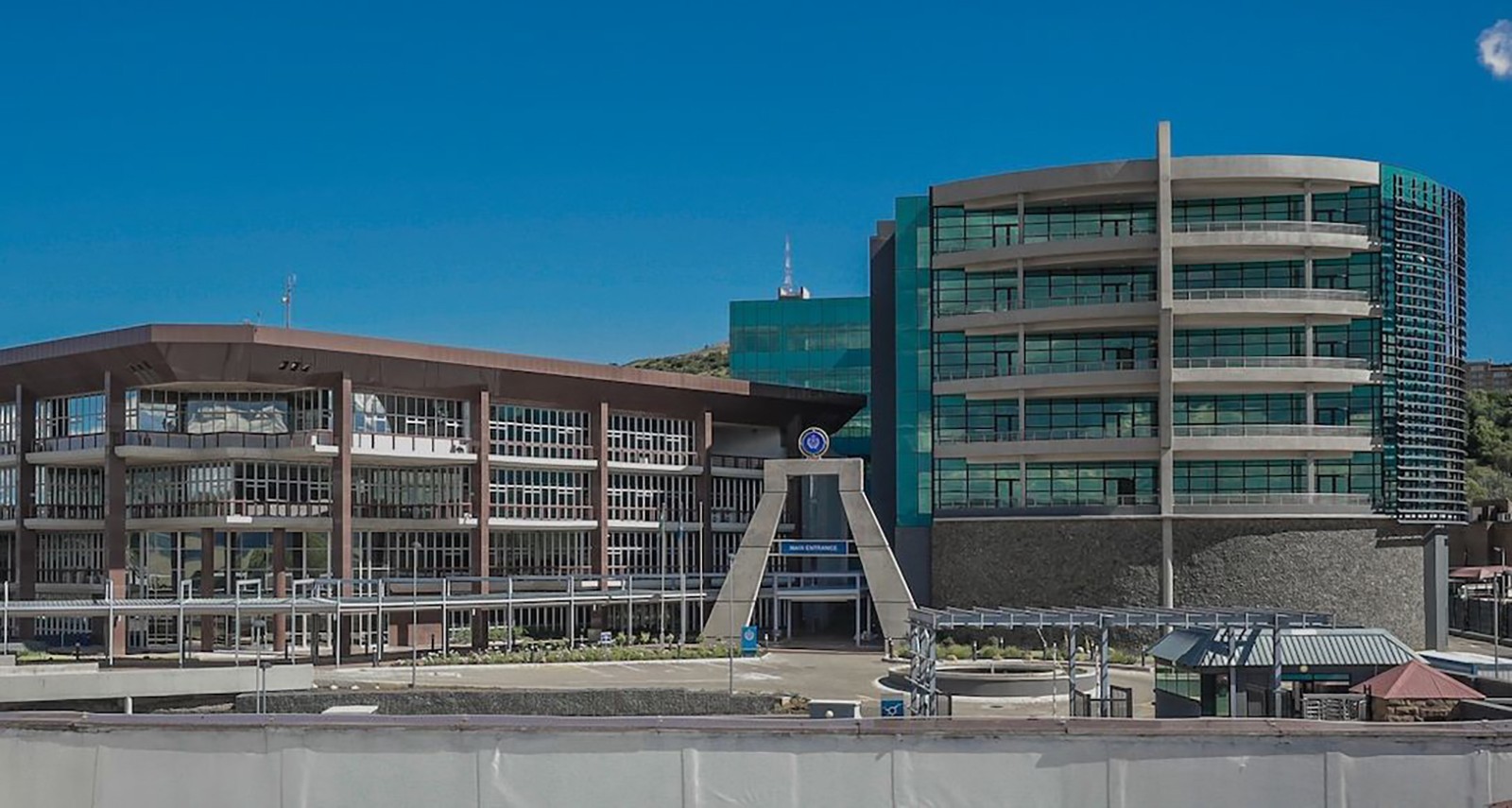
CBL launches LERIMA awareness campaign
7 days ago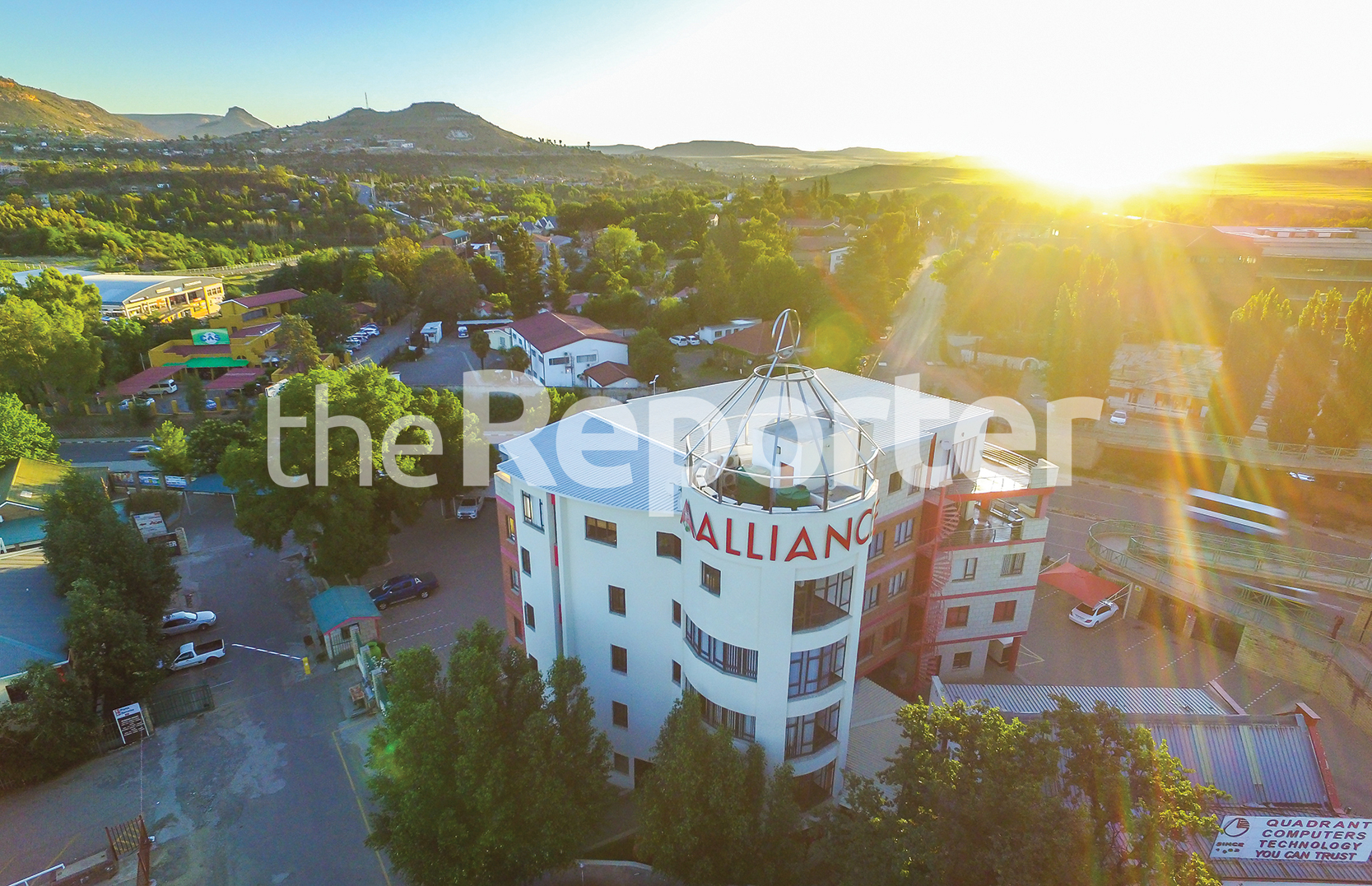
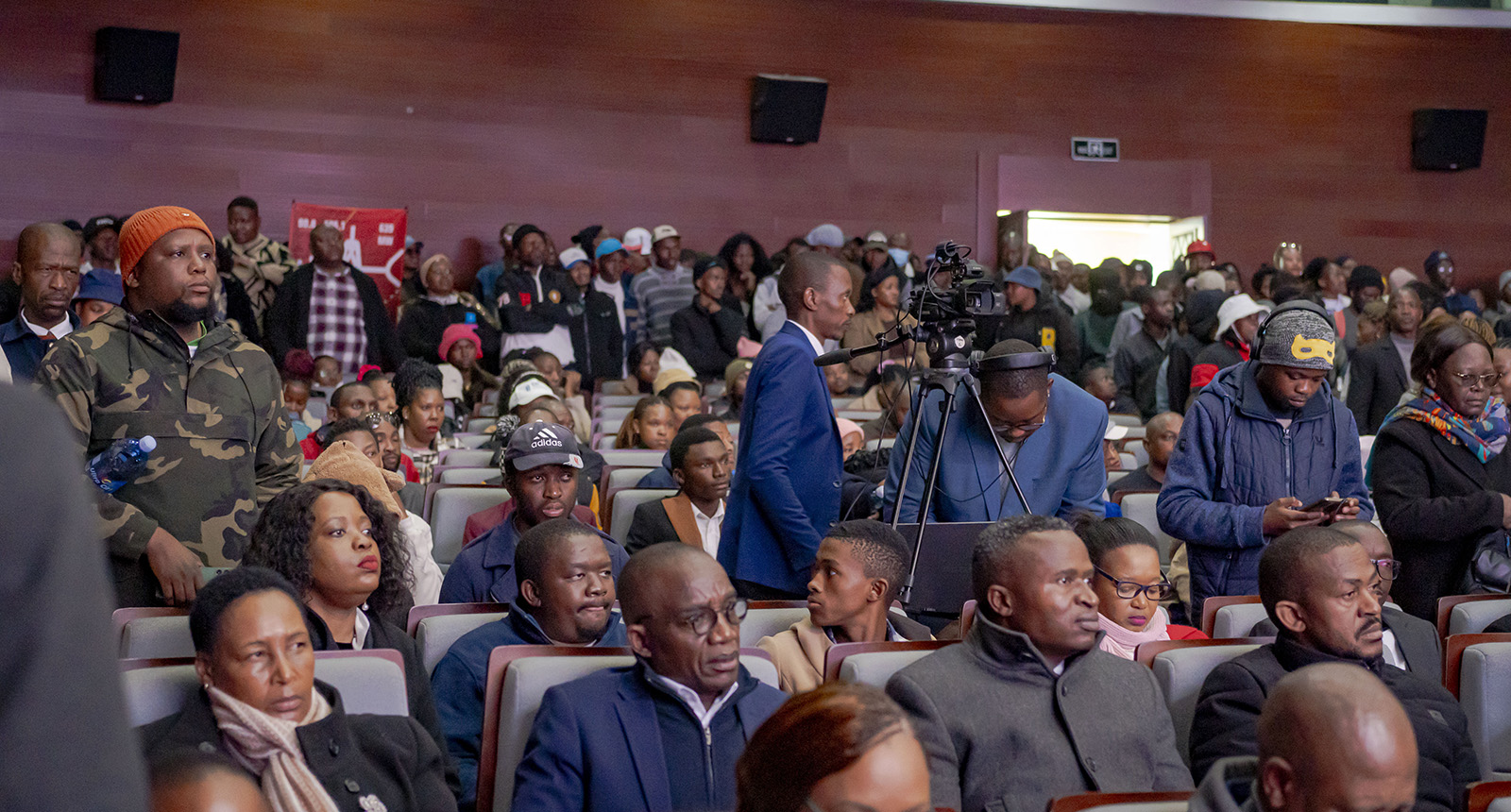
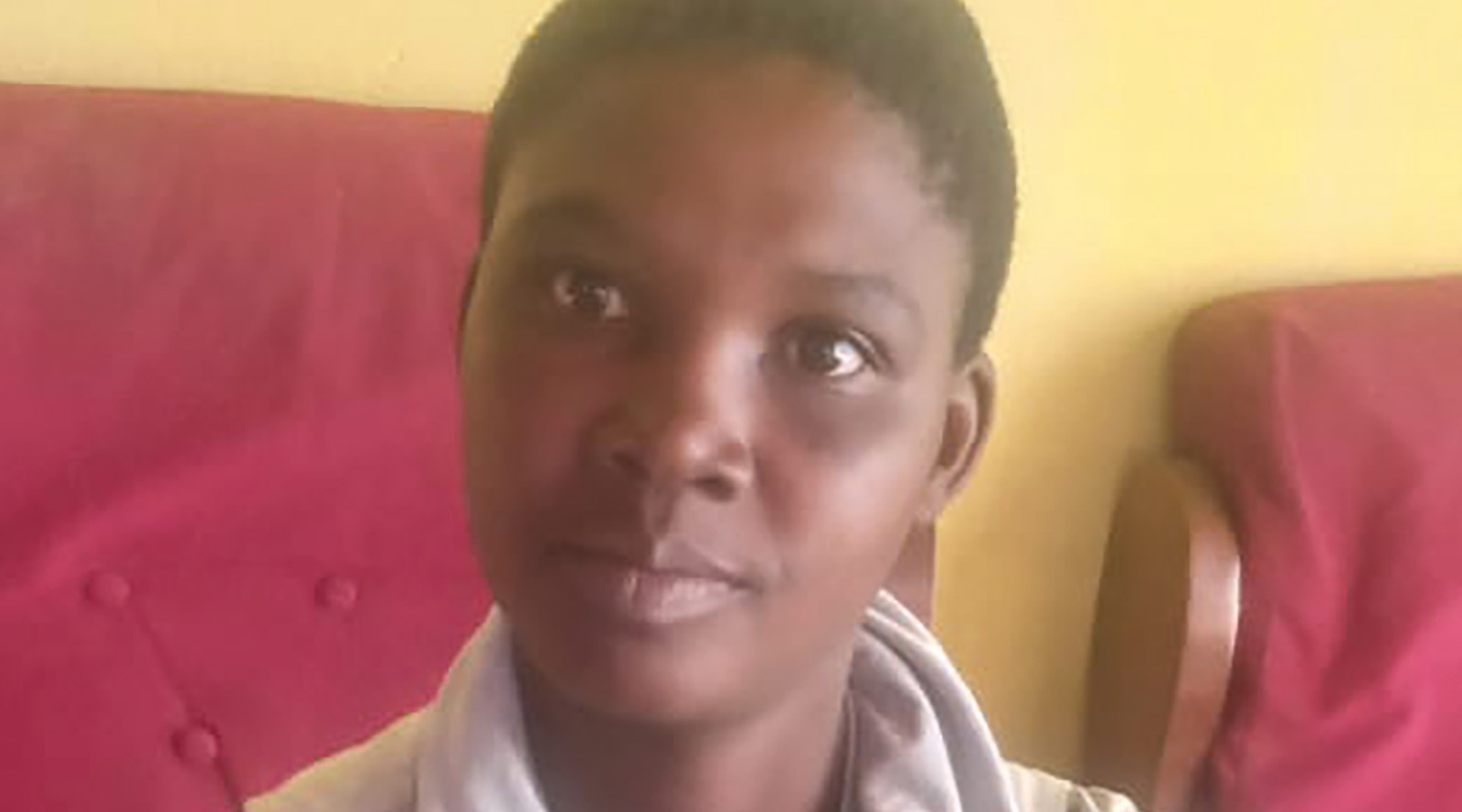
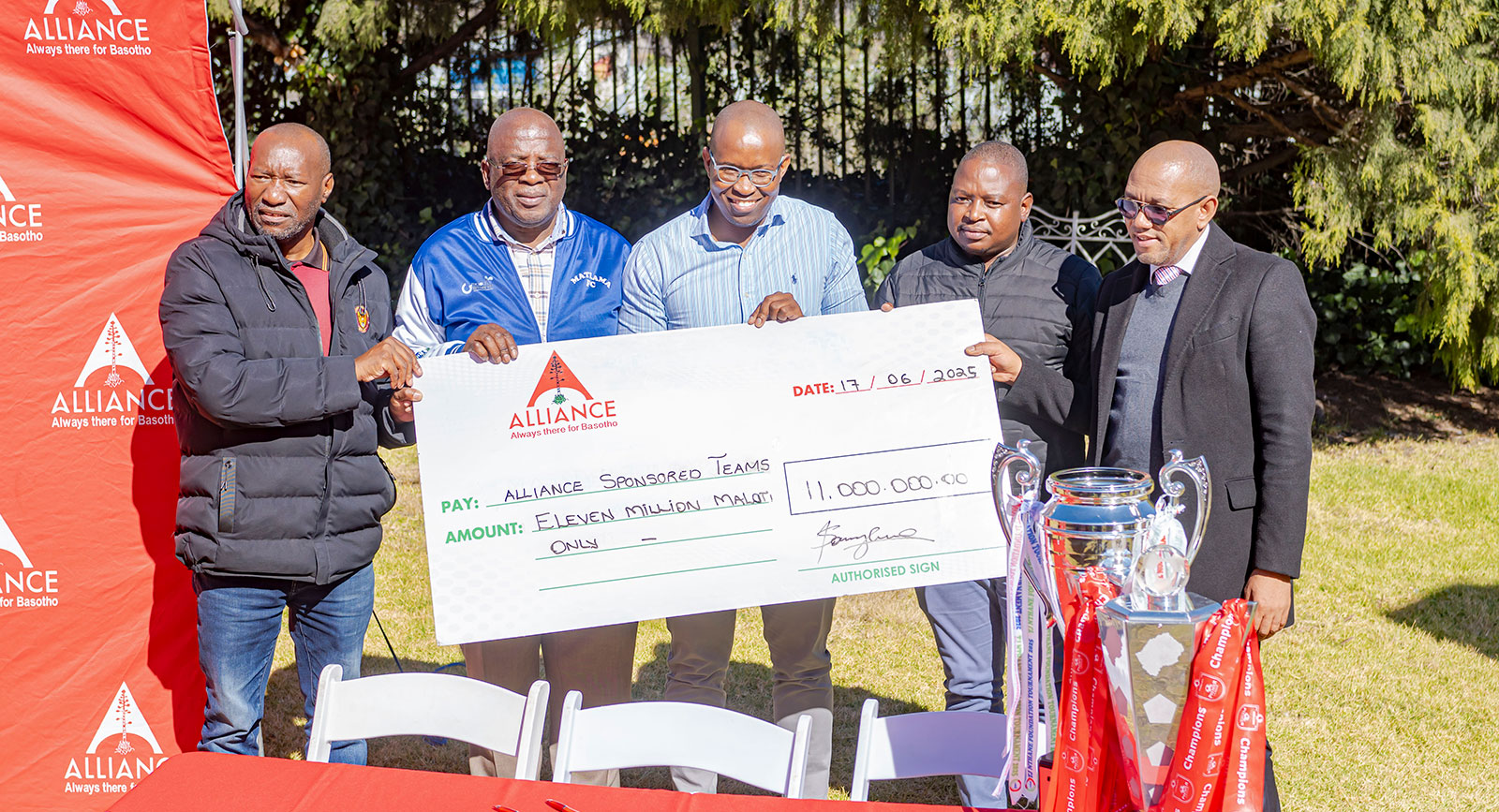
Alliance extends deal with premier league teams
10 days ago
MPs’ ethics workshop gets underway
10 days ago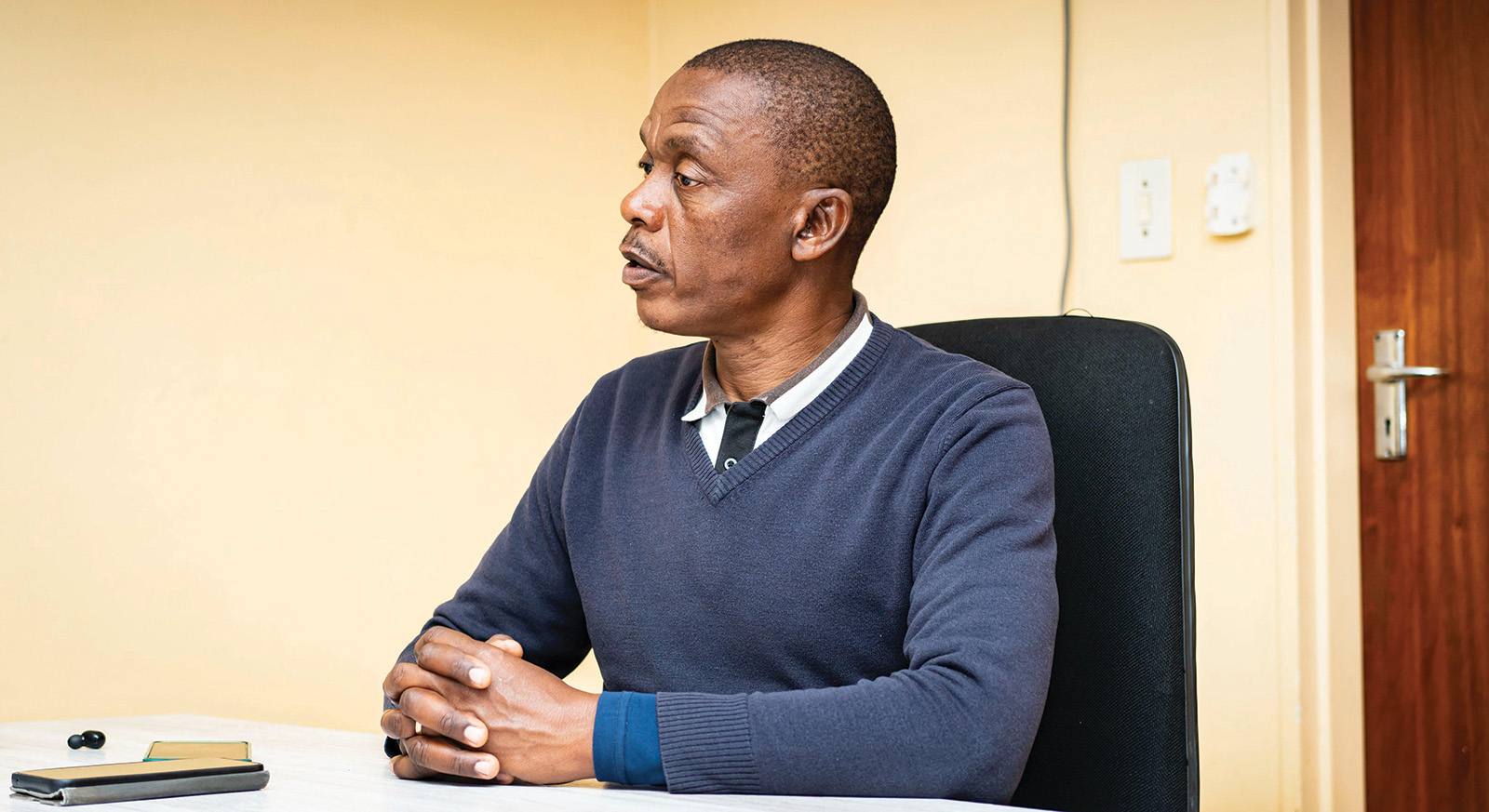
Lesotho should set up more missions: Makara
10 days ago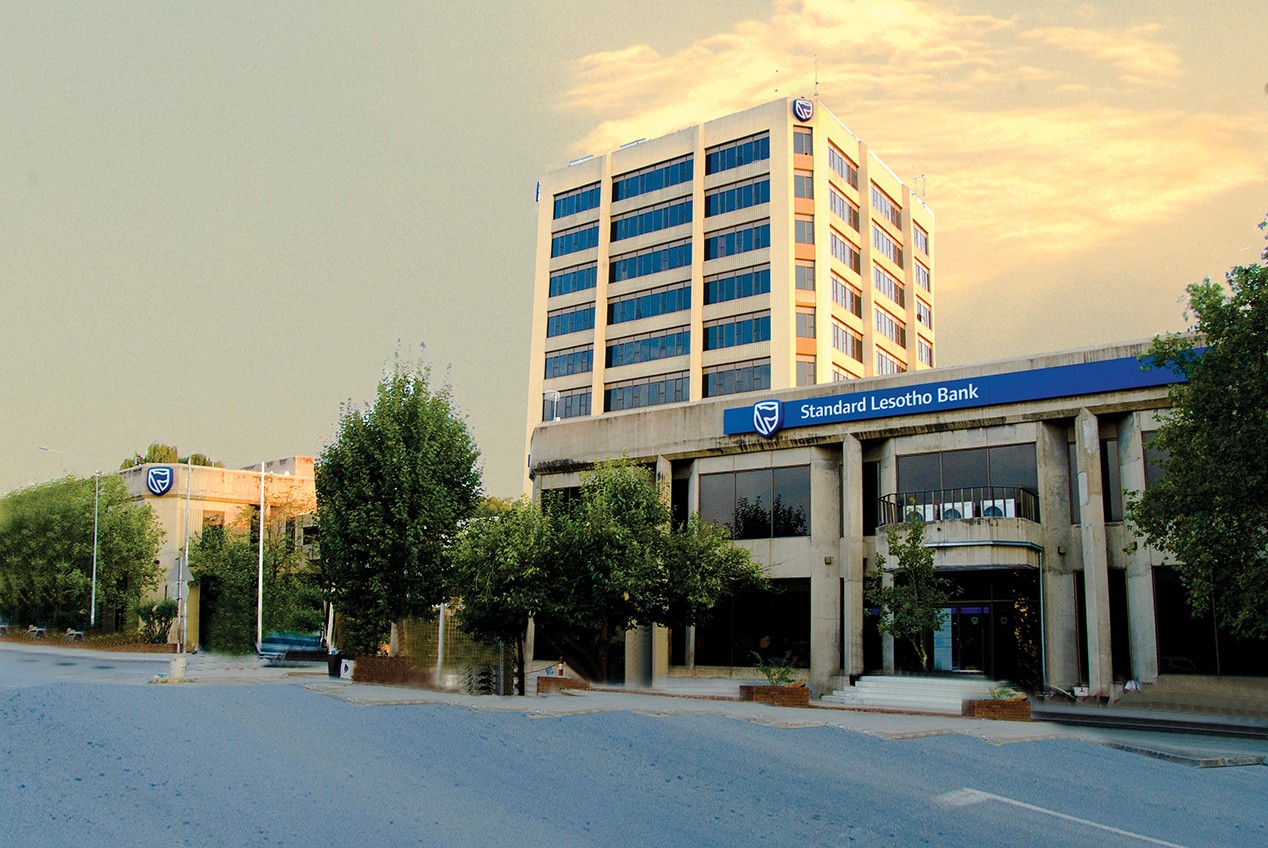
SLB disburses over M127m in business loans
10 days ago
Textiles workers panic amid layoffs
14 days ago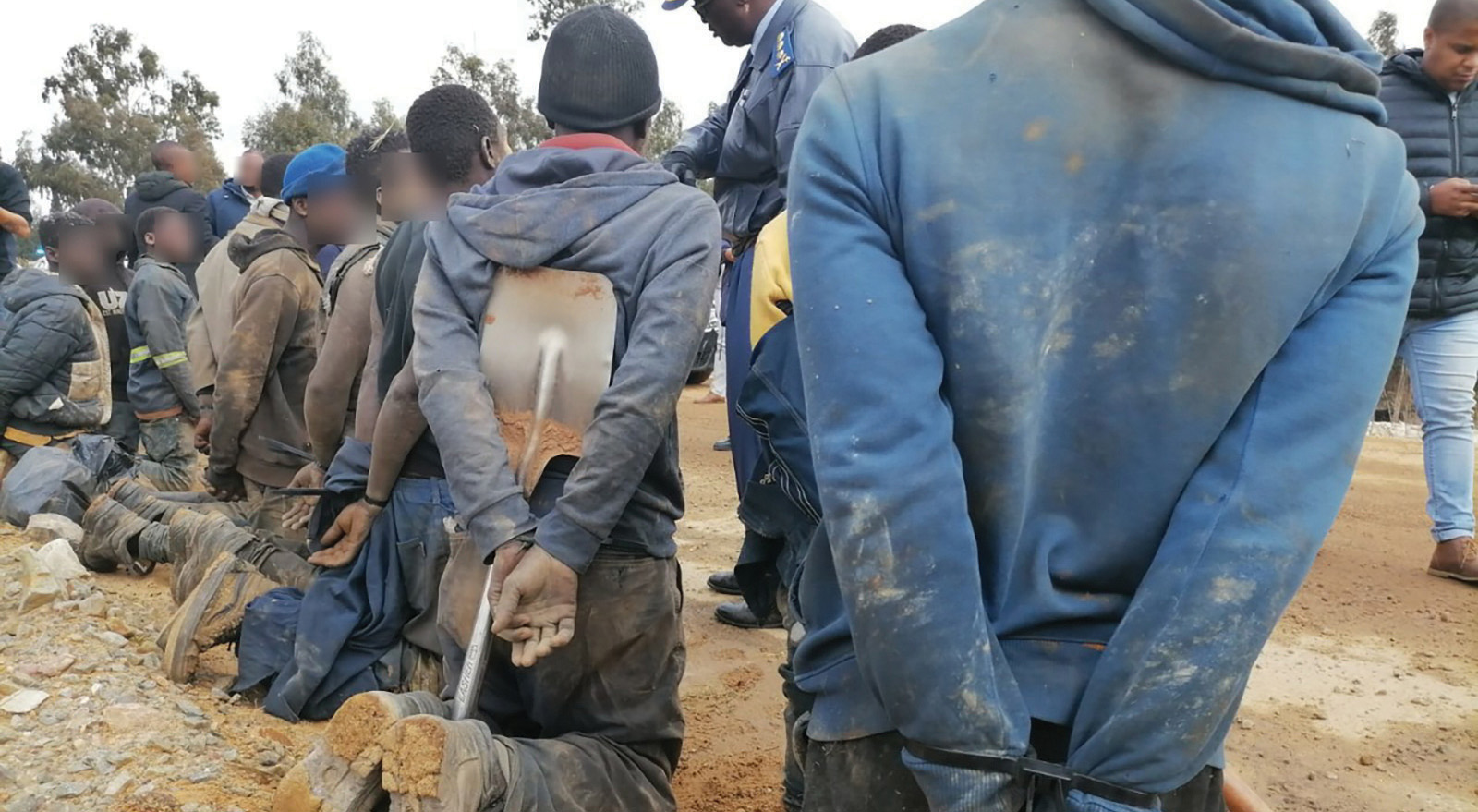
Gun violence grips Ha Toloane
14 days ago